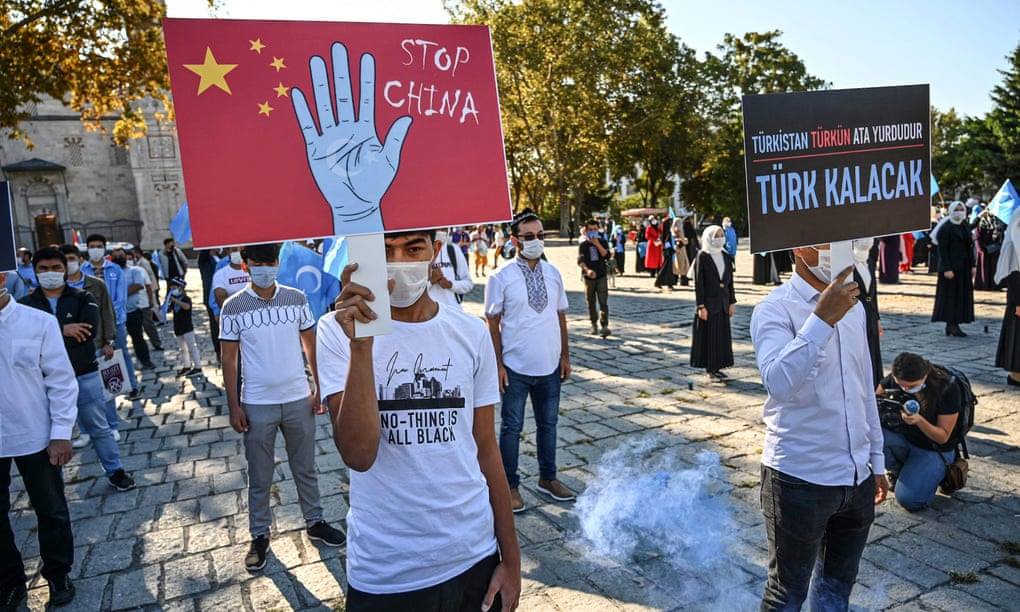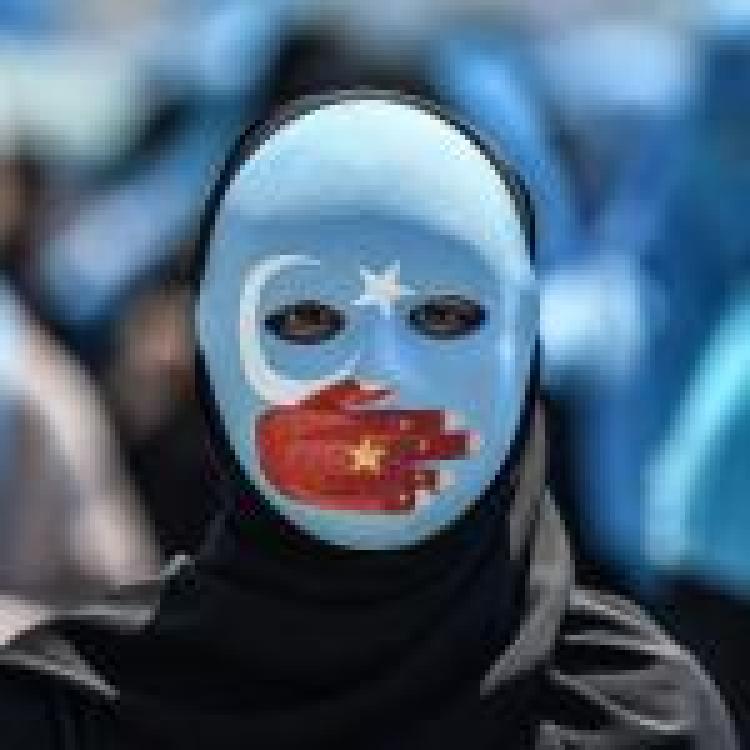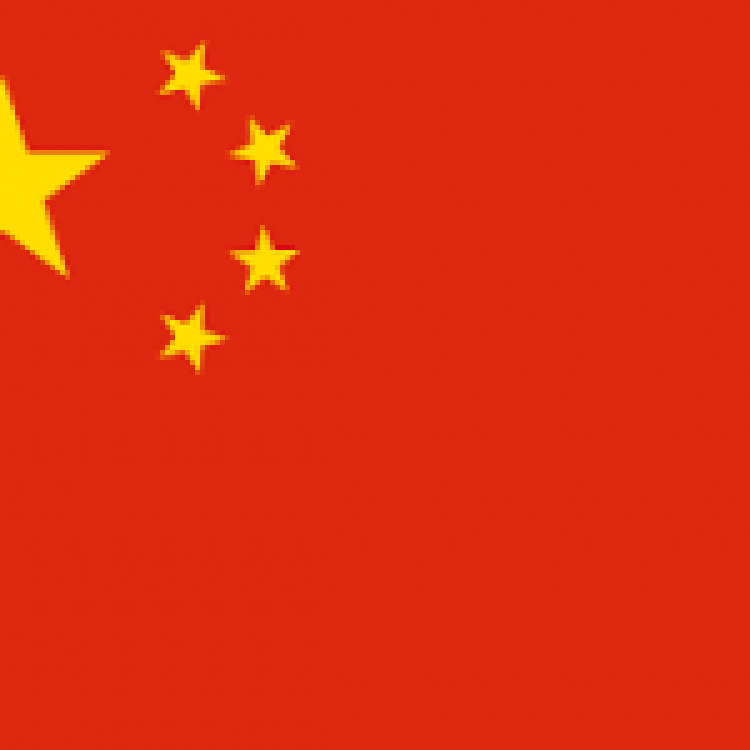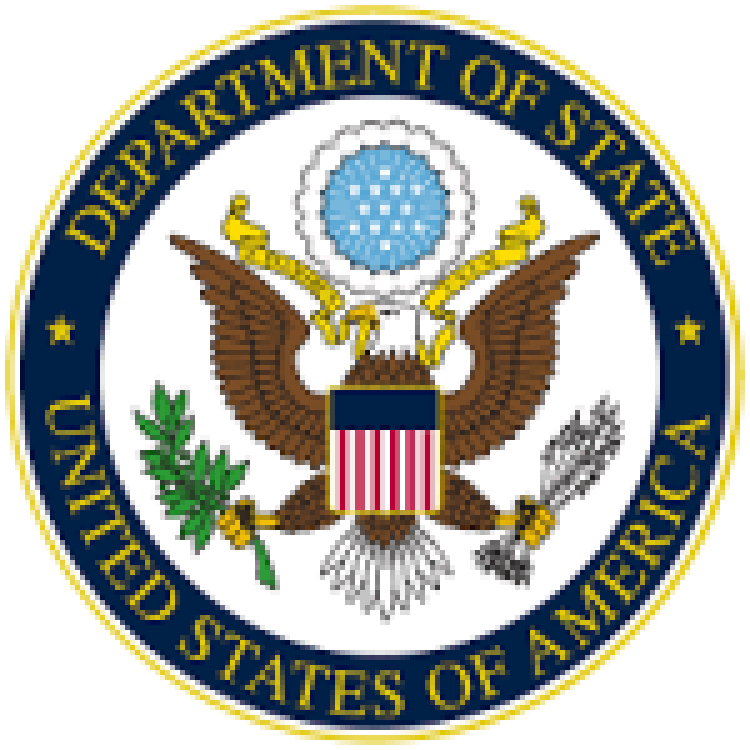
In a letter sponsored by over 60 parliamentarians from 16 countries, the International Criminal Court has been urged to hold China accountable for the on-going genocide of Uighur Muslim and persecution of other Turkish peoples.
The Guardian has described the on-going persecution of the Uighurs as “an early test case of the human rights climate since Joe Biden became president-elect”.
The Guardian further remarks on the bipartisan support in the letter, signed by figures such as “former UK Conservative party leader Sir Iain Duncan Smith, the Australian Labour senator Kimberley Kitching and Margarete Bause of the German Green party”.
The letter stressed the “unique ability” of the ICC “to adjudicate on alleged genocide and crimes against humanity”. Whilst China is not a signatory to the ICC, the court has maintained that crimes which occur in a territory of which an ICC state party falls with its jurisdiction. This was established earlier when the court ruled on crimes against Rohingya Muslims in Myanmar in 2019.
The letter maintains that mass deportation of Uighurs into China has occurred in Tajikistan and Cambodia, both signatories to the ICC.
US attacks on the ICC
The Guardian notes that the Trump administration had an antagonistic relationship with the ICC, imposing sanctions on the chief prosecutor and another senior official in response to the court’s investigation of US actions in Afghanistan as well consideration of Israeli actions in Palestine.
William Barr, the outgoing US attorney general, had described the court as “little more than a political tool employed by unaccountable international elites”.
The Guardian notes that whilst Biden’s advisers opposed the sanctions on ICC staff, “it is likely he would continue to oppose ICC investigations into US citizens”.
This charge relates to a preliminary case concerning torture committed by US troops in a secret detention site in Afghanistan.
Read more from The Guardian






